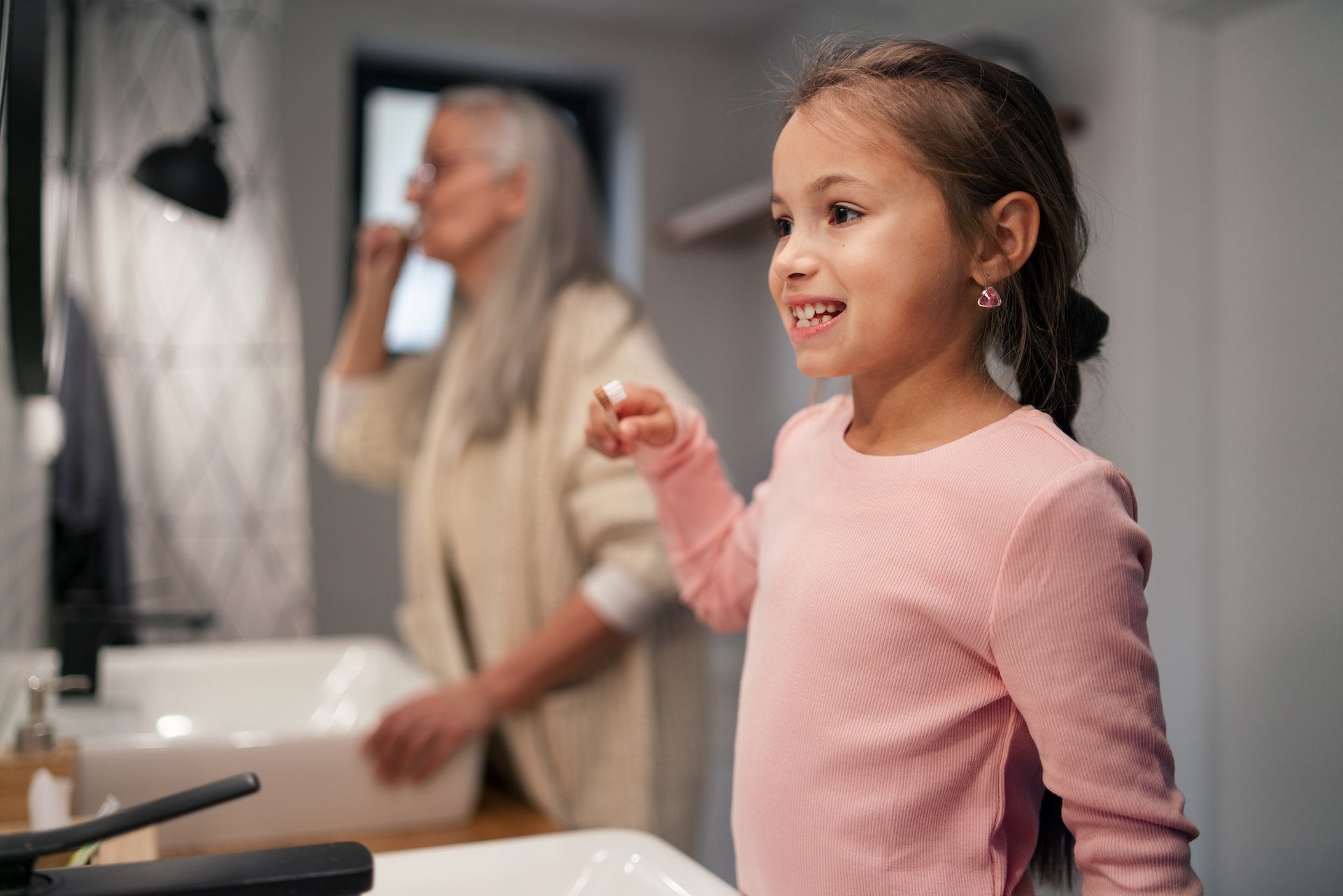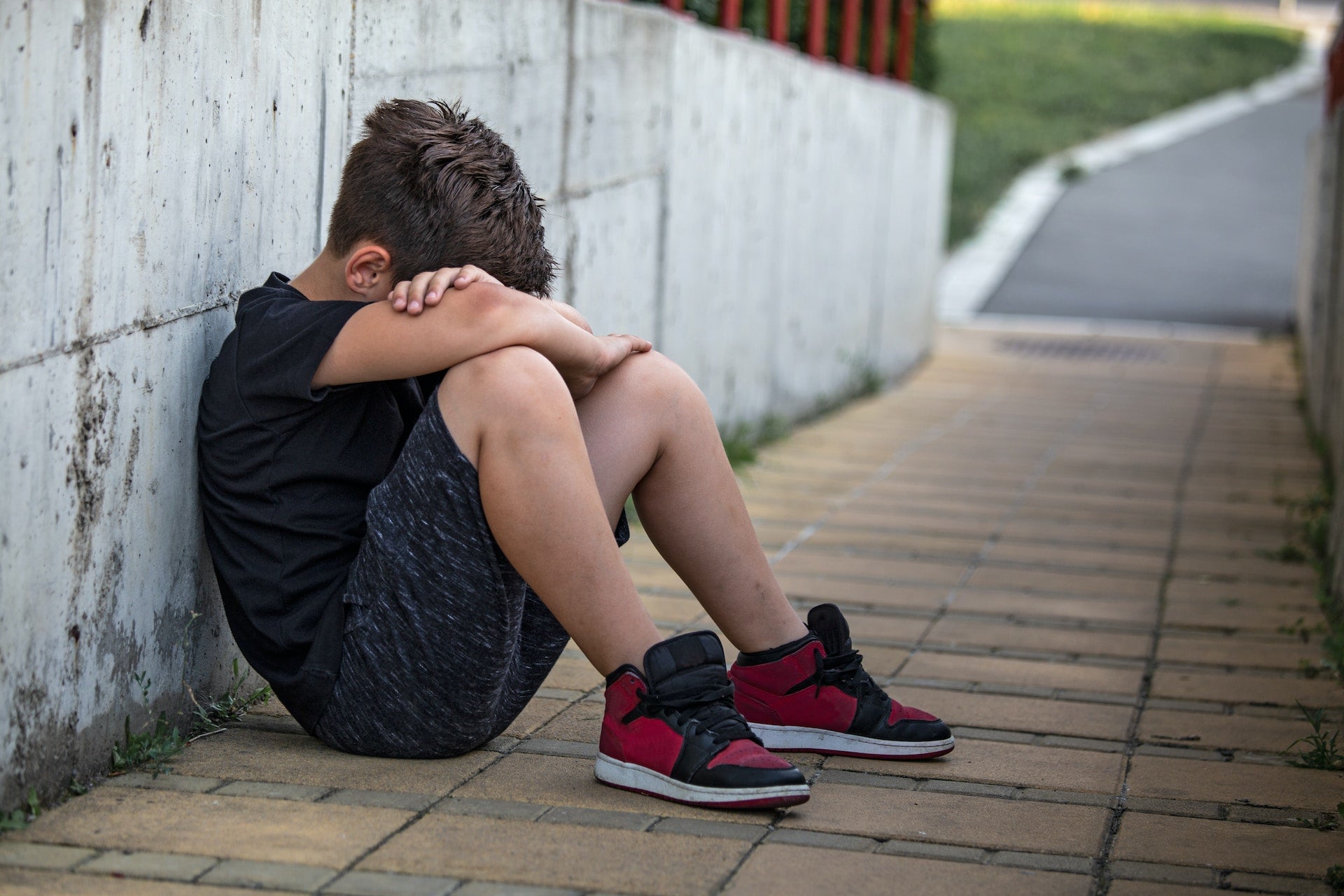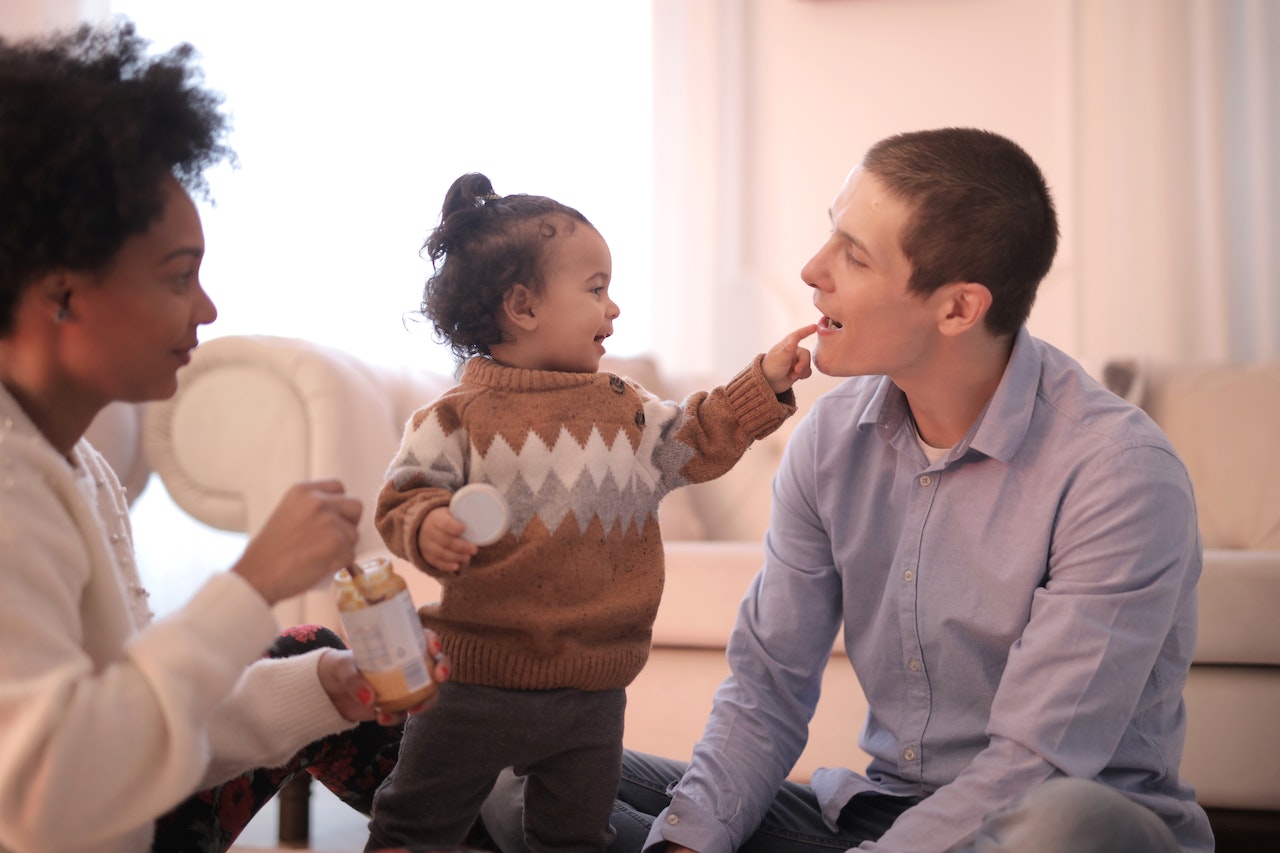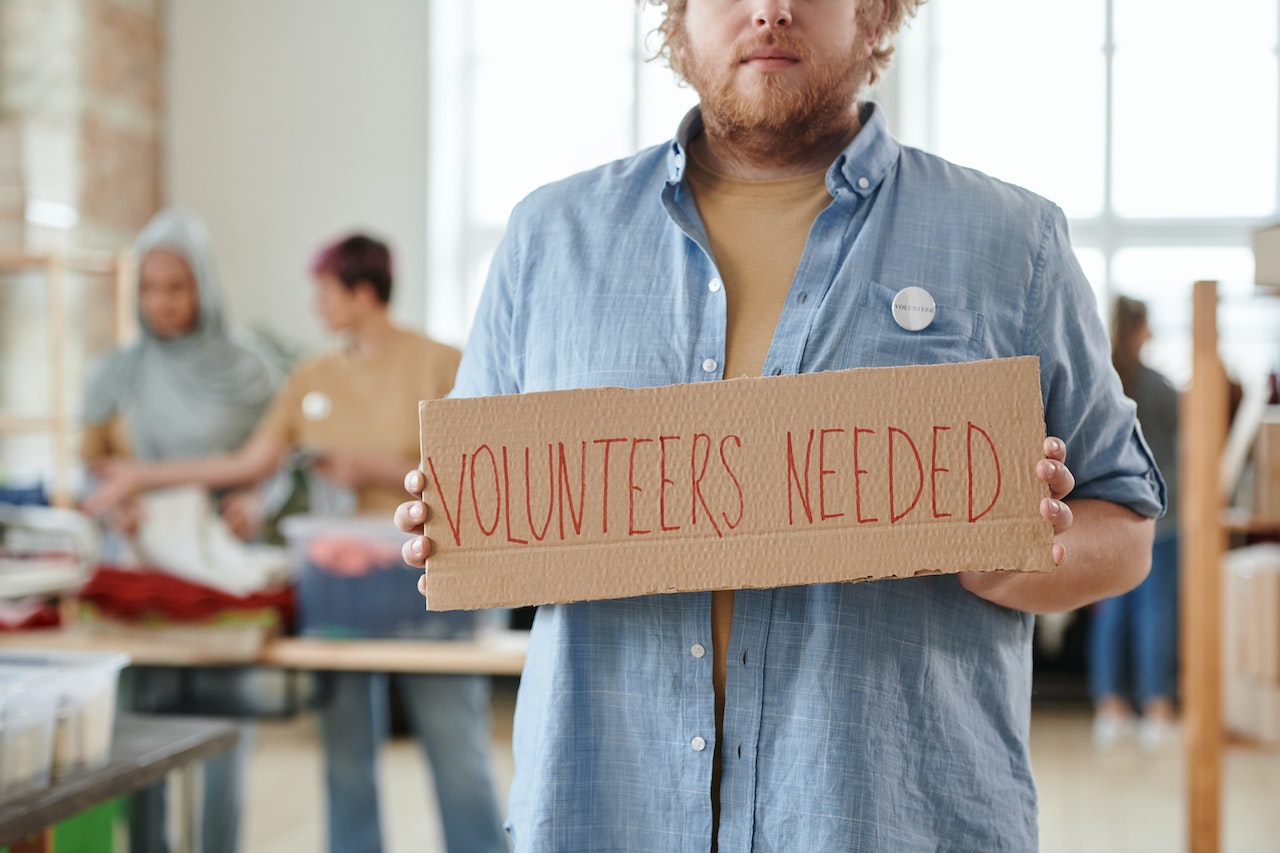It’s the side of poverty that’s rarely talked about. Access to medical care and food is a problem, but a bigger issue among low-income people in the U.S. exists.
Hygiene poverty.
Hygiene poverty means a person or family is not able to afford basic hygiene products. But there’s so much more to it. Hygiene poverty affects a person’s self-worth and self-respect. Hygiene insecurity is a real issue and a true side effect of hygiene poverty. Let’s take a closer look at hygiene poverty and how to break the cycle once and for all.
What is Hygiene Poverty?
While poverty awareness usually focuses on food and housing, a person needs other things to live. One such group of essentials is hygiene products. This includes items such as:
- Soap
- Shampoo
- Feminine products
- Diapers
- Deodorant
- Toilet paper
- Dish soap
- Laundry detergent
Hygiene poverty occurs when a person or family cannot afford these products. What usually happens is one of three things. They will borrow from others, substitute certain things for others, or go without.
Someone facing this hardship may find themselves in any of the following scenarios:
- Showering without shampoo, conditioner, or soap
- Brushing their teeth without toothpaste, using a shared toothbrush, or using a very old toothbrush
- Cleaning clothes without laundry detergent
- Not changing a baby’s diaper more than once a day or removing the soiled contents to reuse a diaper
- Using makeshift feminine products that may not be clean or leak
- Using products such as dish soap as shampoo or body wash because it’s too expensive to buy each one
What is Hygiene Insecurity?
Unfortunately, hygiene poverty takes a toll on a person's mental and physical health. Without soap, people may get sick more often, which affects them physically. The mental aspect can affect youth and adults alike and have an even greater effect.
Mentally, those who can't afford essentials are usually depressed and withdraw socially. They tend to lack self-confidence and miss out on opportunities. They don’t feel they are good enough if they don’t look or smell like everyone else. This includes academics and other activities for children such as sports or clubs. Adults may miss out on a job or social opportunities.
Students may fear bullies will call out their dirty hair or clothes and try to skip school. They will try not to draw attention to themselves, so they may not ask for help in class or participate. This can cause them to have lower grades.
This, however, perpetuates the cycle of being unable to obtain essential household goods. Without proper education, people are more likely to be passed up for jobs. Lack of socialization can also hurt a job candidate’s chances.
How to Reduce Hygiene Poverty
There are many government programs to fight hunger, homelessness, and healthcare. But none exist to help with hygiene.
A study on low-income families who got free diapers from a non-profit was done. The study saw an $11 economic gain for every $1 spent on diaper assistance. Parents could work without being absent because they could send diapers to daycare. It even allowed parents to complete training programs to help them get raises.
Similarly, regular access to hygiene products enables students to miss school less frequently. During the COVID-19 pandemic, Whirlpool donated washing machines to high-poverty schools. This allowed children to do laundry during the school day. Attendance rates skyrocketed among students who previously were chronically absent. This proves that children feel better about being in school when their clothes are clean. It also curbs the opportunity for bullying based on smell or appearance.
Hygiene barriers have increased greatly since the start of the COVID-19 pandemic. Even donors who previously gave supplies to non-profit organizations experienced economic hardship. This led to fewer donations. Companies are finally bouncing back from financial issues. They are slowly returning to pre-pandemic donation amounts.
Policymakers don't recognize hygiene poverty as a real problem in the United States. Therefore, things won't change. But the reality is, one in three low-income households struggle to afford supplies. These products aren't included in the Supplemental Nutrition Assistance Program (SNAP), formerly known as Food Stamps.
It’s time to take action and help low-income families afford hygiene products to keep them clean. Access to basic hygiene products will improve their confidence and end hygiene insecurity.
The Key to Ending Hygiene Poverty and Hygiene Insecurity
The problem is that once someone falls into hygiene poverty, it’s a challenge to break out of it. Without proper hygiene, it’s a struggle for adults to find employment to be able to afford these items. Lack of access to these products makes chronic illnesses worse.
Access to these products is the only solution to end hygiene poverty and insecurity. Making these basic products affordable for all is the goal that will end this “hidden crisis.” It will also improve the quality of life for low-income families and help them find their way out of poverty.









Leave a comment